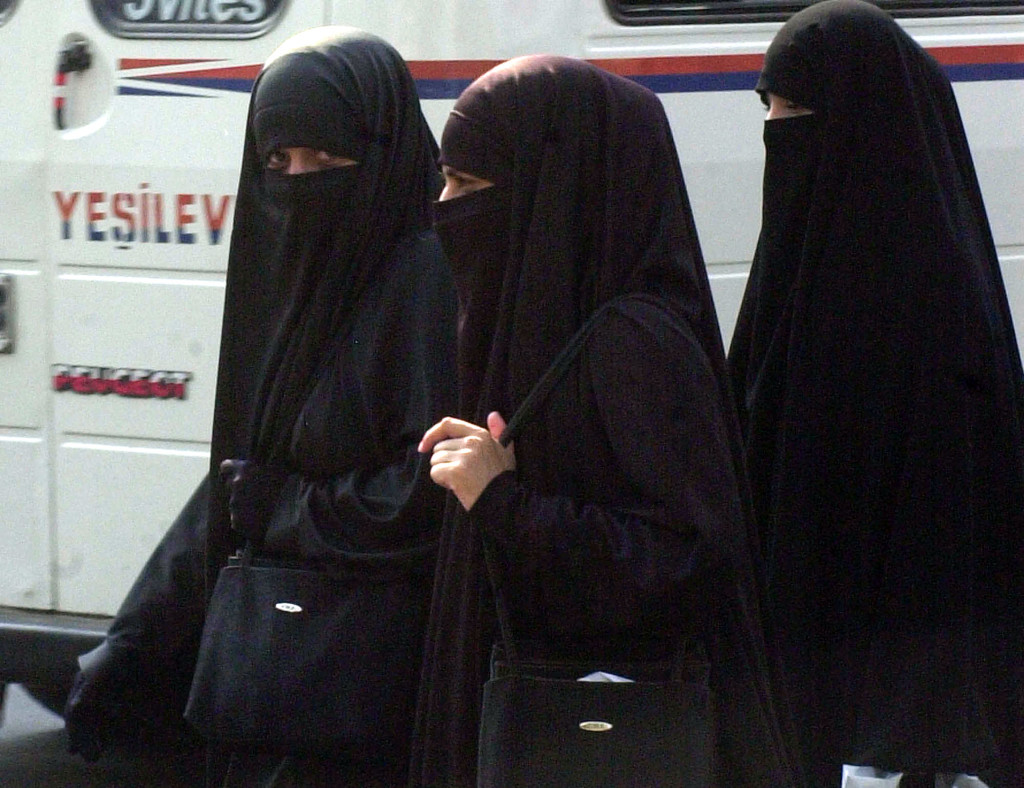Contemporary Islam – Religious abuse against women
Every day millions of Muslim women suffer from men’s abuse and violence in their private lives or even in public circumstances in the worst of the cases. Whoever has heard about the terrible murder of Farkhunda who was beaten to death in a frenzied attack sparked by a false accusation that she had burned a copy of the Holy Quran on March 2015, would understand clearly what this introduction stands for.
Despite Islam comes from the Arabic word Al-Salam, that means Peace, we consistently find texts and interpretations of texts that have been used by abusive men to justify their behaviour against women. So, why men keep up with this absolutely barbaric habit if actually Islam requires kindness, politeness, consideration, gentleness, respect and general goodness to women?
Sharifa Alkhateeb, who was a Muslim scholar and activist born and raised in Philadelphia, explained that the most abused verse is ayah 34 of Surah 4 An-Nisa (The Women): “Men are the protectors and maintainers of women because Allah gave more to the one than the other, and because they support them from their means. So devout women are extremely careful and attentive in guarding what cannot be seen in that which Allah is extremely careful and attentive in guarding. Concerning women whose rebellious disloyalty (nusbooz) you fear, admonish them, then refuse to share their beds, then hit them; but if they become obedient, do not seek means of annoyance against them. For Allah is Most High, Great”.
Alkhateeb pointed out that to translate the word “to hit” contradicts the explicit teachings of the Prophet. Furthermore, some translators assert that it is incorrect to translate the word “hit” at all, based on the Prophet’s lifelong abhorrence of hitting, found in the hadith collections of Abu Daud, Nasa’I, Ibn Hibban, and Bayhaqi, and in his instruction in his last sermon where he restricted striking to a light tap ( gbayr mubarrih – without causing pain) only if the wife has become guilty of nusbooz , obvious immoral conduct.
Similarly, in the essay “Feminism and Islamic Traditions”, W. Woodhull reports the critic of the North African writers Fatima Mernissi and Assia Djebar on the pretended religious impositions that are still alive in Muslim societies: “both writers are critical to the caliphs’ imposition […] and of the fact that their autocratic rule has been used for centuries to justify authoritarian regimes in Muslim societies”.
If on the one hand the current unjust practices to women represent the lack of knowledge of the religion rather than an example of the religion, on the other hand it is clear that in other cases religion is wrongly used, or abused by men with the attempt of saving their pride, throwing women in a tank of ignorant sharks.
The astonishing case of Farkhunda is the perfect summary of this article. The 27 years old Student in Islamic Law had just finished her lessons at the Shah-e Du Shamshira shrine in Kabul where she was volunteering as a teacher. She got into an argument with the Imam of the Mosque about his un-Islamic behaviour of selling charms; the mullah to preserve his position and dignity accused her loudly just outside the Mosque of having burned the Quran. Hundreds of angry civilians started stoning her and beating her with sticks, finally her body was run over by a car and set on fire.
This is just one of the several examples of religion abuses that happen every day and affect Muslim women lives, which is the key of the masterpiece “The Stoning of Soraya M.” written by the French journalist Freidoune Sahebjam in 1990 and whose film, directed by Cyrus Nowrasteh, appeared on the screen in 2008.
I would like to conclude the article with some touching words pronounced by the Prophet Muhammad “Women are the other halves of men; And you are recommended to treat women with the best … and indeed you are advised to treat women with goodness”.

